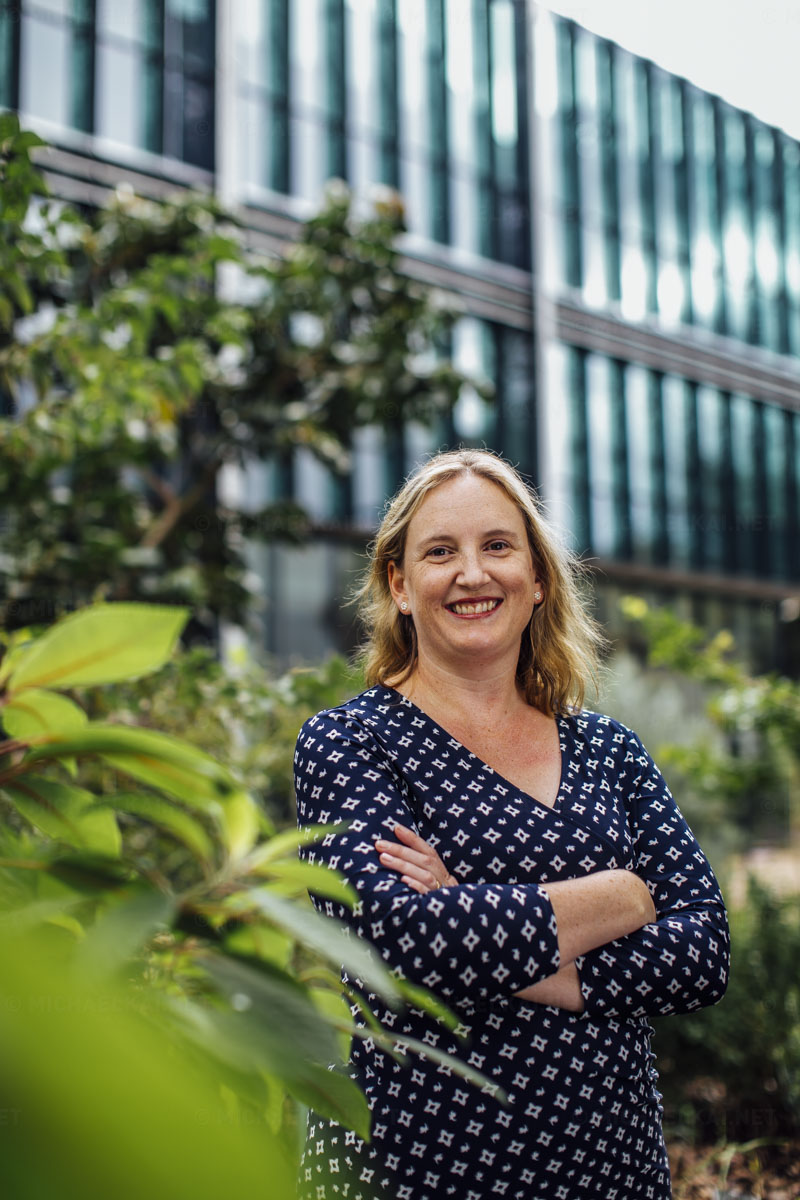Tackling climate change through the law

A strategy for climate change litigation developed by Professor Jacqueline Peel has enabled environmental groups across the world to win legal cases closing or stopping development of coal-fired power stations. In her book with Professor Hari Osofsky, Climate Change Litigation: Regulatory Pathways Towards Cleaner Energy the researchers developed a model for tracing the direct and indirect impacts of litigation on climate change. Since 2017 this approach has become 'a cornerstone' of environmental organisations’ legal challenges which have been instrumental in stopping construction of new coal-fired power plants in Europe. This includes innovative use of corporate law, as well as challenges to the underlying environmental/planning conditions for plants. Their approach has also resulted in the Australian government announcing a $25million new adaptation infrastructure fund to assist Torres Strait Island communities threatened by climate change. The success of their approach has recently led to interest from China in developing environmental programs, for example, the Supreme People’s Court of China recently adopted a wide definition of ‘climate change cases’ and included reference to lectures by, inter-alia, Professor Peel. The potential for courts to fill gaps of government inaction is increasingly being explored, with a total of 1,587 cases identified worldwide since 1986.